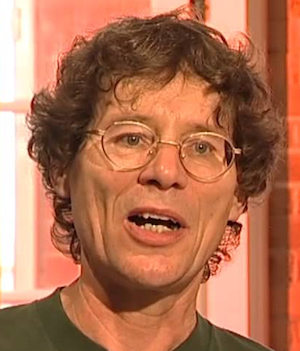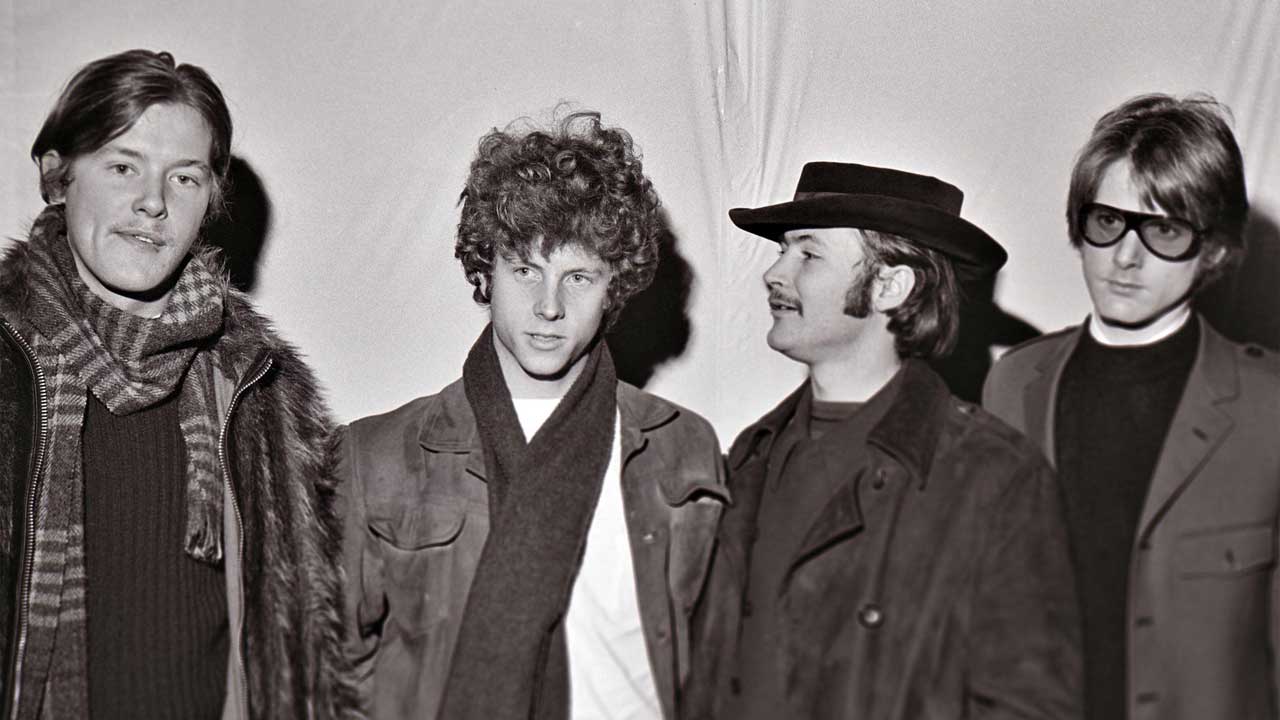You can trust Louder
Joe Bonamassa has spent the last few studio albums “being Joe Bonamassa” – consolidating and redefining his own style. And doing it very well, it must be said. But now something seems to have snapped: he has gone rogue.
It’s hard to say what could have caused this – the pandemic that curtailed his relentless gigging schedule; the speedy, claustrophobic atmosphere of New York, where the album was recorded; having to hook up with long-time producer Kevin Shirley, who was trapped in Australia.
Or maybe a feeling that his previous studio album, Royal Tea, was bringing him full circle and that he needed to jump before he started repeating himself.
There was a hint of this on Bonamassa’s last CD/DVD, Royal Tea Live At The Ryman, when he showcased the very English-made album (to an audience of cardboard cut-outs), rounding off with a version of Jethro Tull’s A New Day Yesterday that he first recorded two decades earlier.
Whatever, he has made the leap and there’s a sense that not too much pre-planning went into this album. Once he’d mapped out the basic structure of a song he was happy to press ‘Record’ and see where it took him. This requires a certain confidence of course, but Bonamassa is not short of that these days. There is, however, an underlying theme to the album to give it guidance and direction – time. Time passed, time passing and time left.
On the raw, muscular opening Notches it’s the ‘notches on my walking cane’ as Bonamassa’s guitar sends out a series of flares from the powerful blues boogie that propels the song. On the slow, surging The Heart That Never Waits that follows, it’s ‘Time is the healer that rescued me’.
On the album’s title track with its cataclysmic opening and gentle build-up to the big chorus, the song just keeps expanding like an exploding galaxy and Bonamassa thrashes around as if he’s overwhelmed by the whole concept of time. It’s not until the album’s mid point on Mind’s Eye that Bonamassa takes a moment to reflect, backed by a haunting guitar riff. But he can’t hold back for long and he’s soon rattling the walls again.
Sign up below to get the latest from Classic Rock, plus exclusive special offers, direct to your inbox!
From then on, it’s a headlong rush to the final slow, melodic Known Unknowns, where his angst drains into an acceptance that he will never beat the ticking of the clock. It was a journey he had to make and now he’ll have to follow it.
Hugh Fielder has been writing about music for 50 years. Actually 61 if you include the essay he wrote about the Rolling Stones in exchange for taking time off school to see them at the Ipswich Gaumont in 1964. He was news editor of Sounds magazine from 1975 to 1992 and editor of Tower Records Top magazine from 1992 to 2001. Since then he has been freelance. He has interviewed the great, the good and the not so good and written books about some of them. His favourite possession is a piece of columnar basalt he brought back from Iceland.


